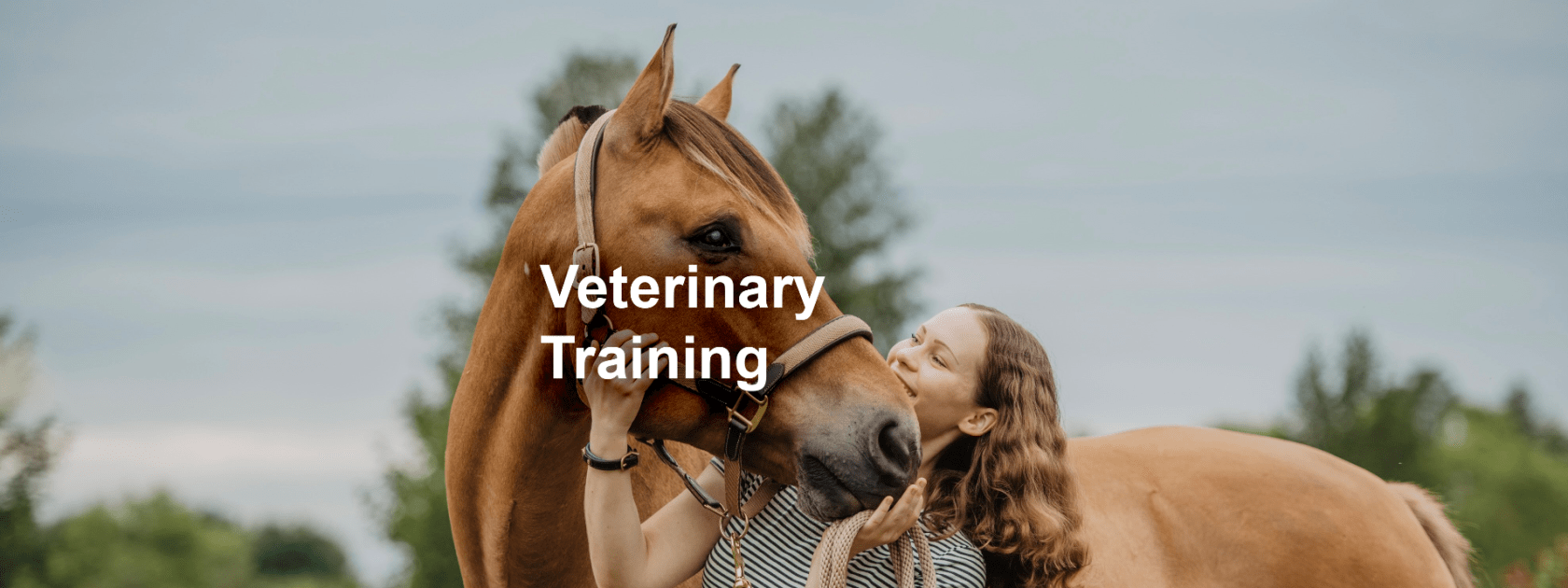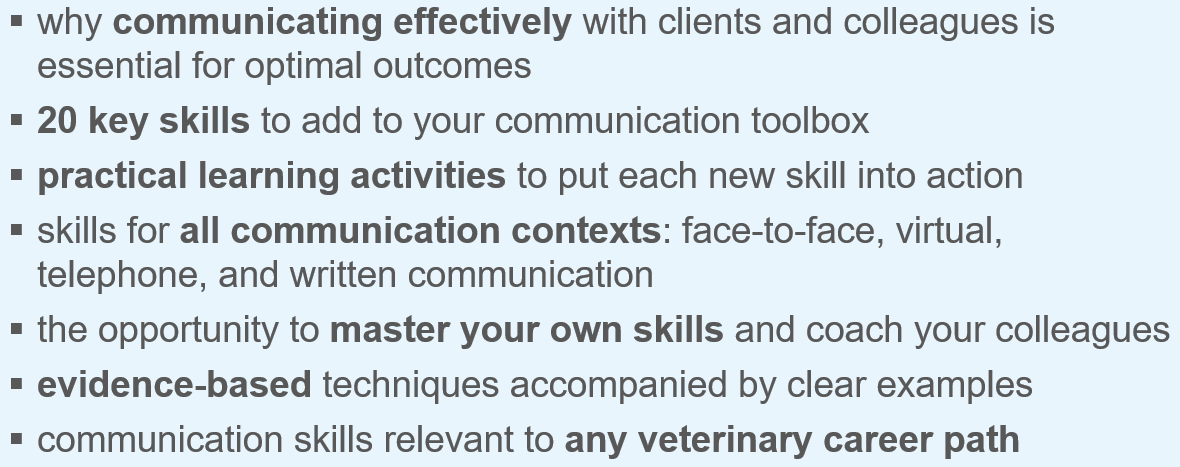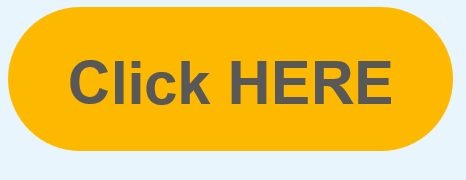Evidence-based training prepares veterinary professionals to engage with clients in a relationship-centred manner.

This component of training is critical to optimal outcomes in veterinary medicine.
i
As part of the RCVM@OVC program, Dr. Coe has developed a comprehensive communication-skills training curriculum for student veterinarians at the Ontario Veterinary College (OVC).
For the first three years in the DVM program, students practice in a simulated environment with actors posing as clients, as depicted in the session below. Then, in their fourth-year rotation at the on-campus clinic, students engage in real-life client consultations and receive in-the-moment feedback on their use of the communication skills they have acquired. Other DVM students and clinicians can observe and make suggestions from an adjoining room that was designed specifically to allow for non-intrusive observation.


Students benefit from an evidence-based approach to engaging with veterinary clients and from the broader communications research, through trial-and-error study of promising interventions
Successful communication strategies can be honed for possible inclusion in larger-scale trials. Once validated, Dr. Coe hopes to inform industry guidelines, like the 2021 AAHA Nutrition and Weight Management Guidelines for Dogs and Cats.

The pandemic has added a new dimension to communications training in veterinary medicine: the virtual environment
Given the COVID-19 pandemic, DVM students have been engaged in communications training virtually over Zoom and other video technology, in addition to the traditional in-person format.
The screenshot on this page depicts a virtual communication practice session that was part of the Art of Veterinary Medicine 2 curriculum at OVC, facilitated by communications coach Dr. Jason Coe (second frame). At this point in the session, a student veterinarian (upper frame) was reviewing the on-screen student instructions prior to the meeting with the simulated client. An OVC graduate and veterinarian (third frame) was shadowing the training session in preparation for taking on the role of coach, and a second student veterinarian (bottom frame) was acting as peer-student coach.
Because of the success of this learning model, the OVC student experience has been permanently altered in favour of a hybrid learning environment for communications training, where students receive their communications training in the context of both digital and in-person training sessions.

OVC graduates have become facile in the use of video services that enhance communication, productivity, and efficiency
It seems likely that current and future cohorts of DVM graduates will enter the workforce with greater awareness of, if not preference for, the potential of virtual care. This may result in increased adoption of virtual services in clinics across the country.
Translating knowledge into practice via industry guidelines and industry resources
Knowledge gained through each avenue of the RCVM@OVC research program is being used to inform industry guidelines in veterinary medicine — specifically, to support training in clinical communication, teamwork, virtual care, accessing care, and the human-animal relationship, by bolstering the spectrum of relationships involved in the profession. One example of such knowledge translation is a new textbook resource written by Dr. Jason Coe and collaborator Dr. Jane Shaw, designed to strengthen clinical communication skills in veterinary practice:
Another new knowledge-translation and -implementation resource developed by our team is a continuing-education program for supporting veterinary professionals’ communication with clients about pet obesity prevention and management. Pilot testing indicates significant program efficacy for boosting knowledge about pet obesity, confidence in communicating about this subject, and use of shared decision-making with clients.
Interested in learning more about Veterinary Training?
To read selected publications on Veterinary Training by Dr. Coe and other members of the RCVM@OVC team, please visit our Publications page, as well as our Resources page.
“Preparing veterinary students and professionals to engage with clients in a relationship-centred manner is critical to optimal outcomes in veterinary medicine.”
Dr. Kirsten Blokland, PhD






